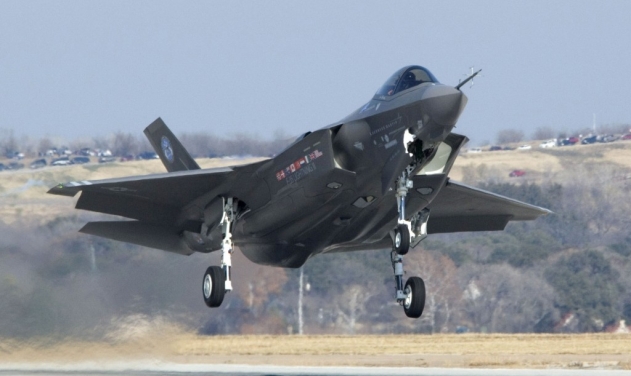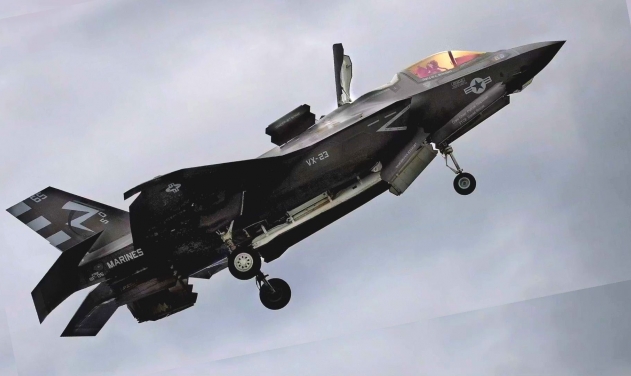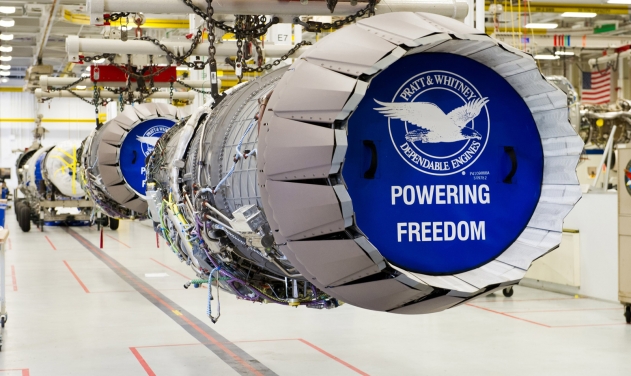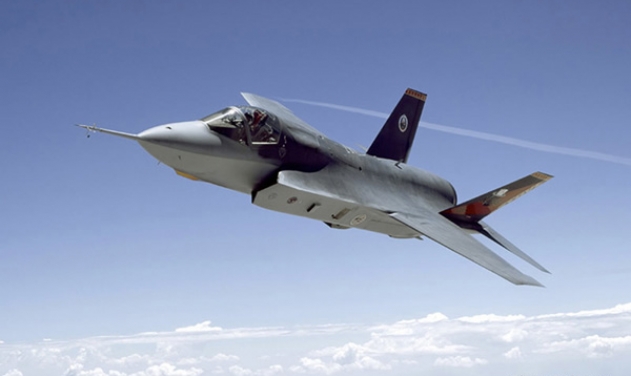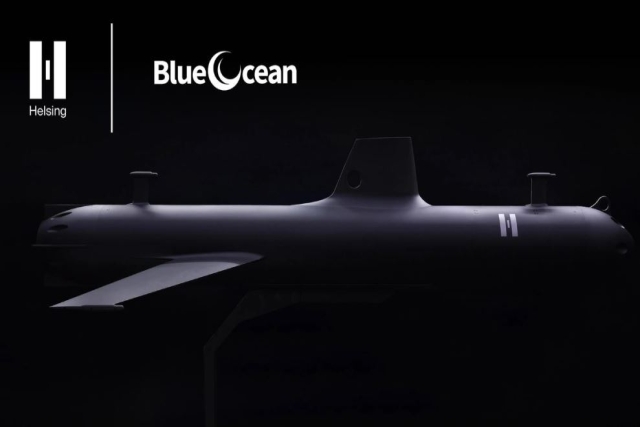UK's F-35 'Stealth' Jet Cannot Transmit Data Without Revealing Itself
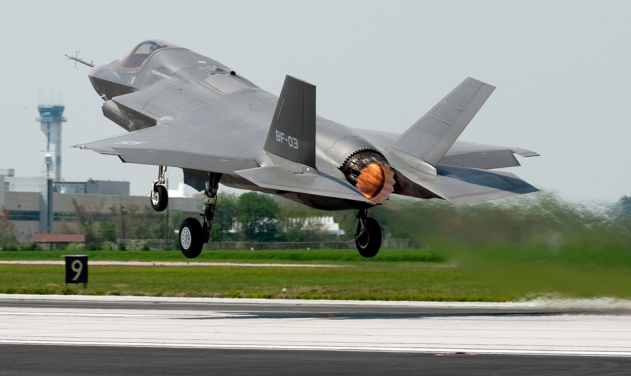
The UK's F-35 fighter jets cannot transmit data to the Royal Navy's ships and older aircraft without revealing its position, putting a question mark over its 'stealth' capabilities, an investigation by the Times newspaper has found.
In addition, the plane's software system is vulnerable to cyber attack and cannot be tested independently by the UK. The weak broadband on the Royal Navy's principal aircraft carrier HMS Queen Elizabeth is also hampering the jet's abilities.
Some of the planes are expected to be too heavy to safely conduct a vertical landing - a key function which the jet had been designed to carry out.
The real cost of the planes delivered this year will be more than £150 million each to cover 'extras' such as software upgrades and spare parts, The Times Said.
And there are concerns shortcomings in the technical systems. Manufacturer Lockheed Martin has said the jets will cost the UK between £77 million and £100 million each.
"The real virtue of the joint strike fighter is it's a stealthy information platform which happens to shoot down aircraft and bomb." General Sir Richard Barrons, who was in charge of the military's information networks until last year, was quote by the newspaper as saying.
It was 'utterly pathetic' that Britain had prioritised 'metal and platforms' over 'warfare in the information age', Barrons added.
The Ministry of Defence (MoD) said all the issues raised had been reported in the past and were under 'active management' by the Joint Strike Fighter joint programme office and the MoD.
The defense ministry said the programme remained 'wholly with its cost approval' and that it did not recognise the £150 million cost figure that newspaper has cited.
